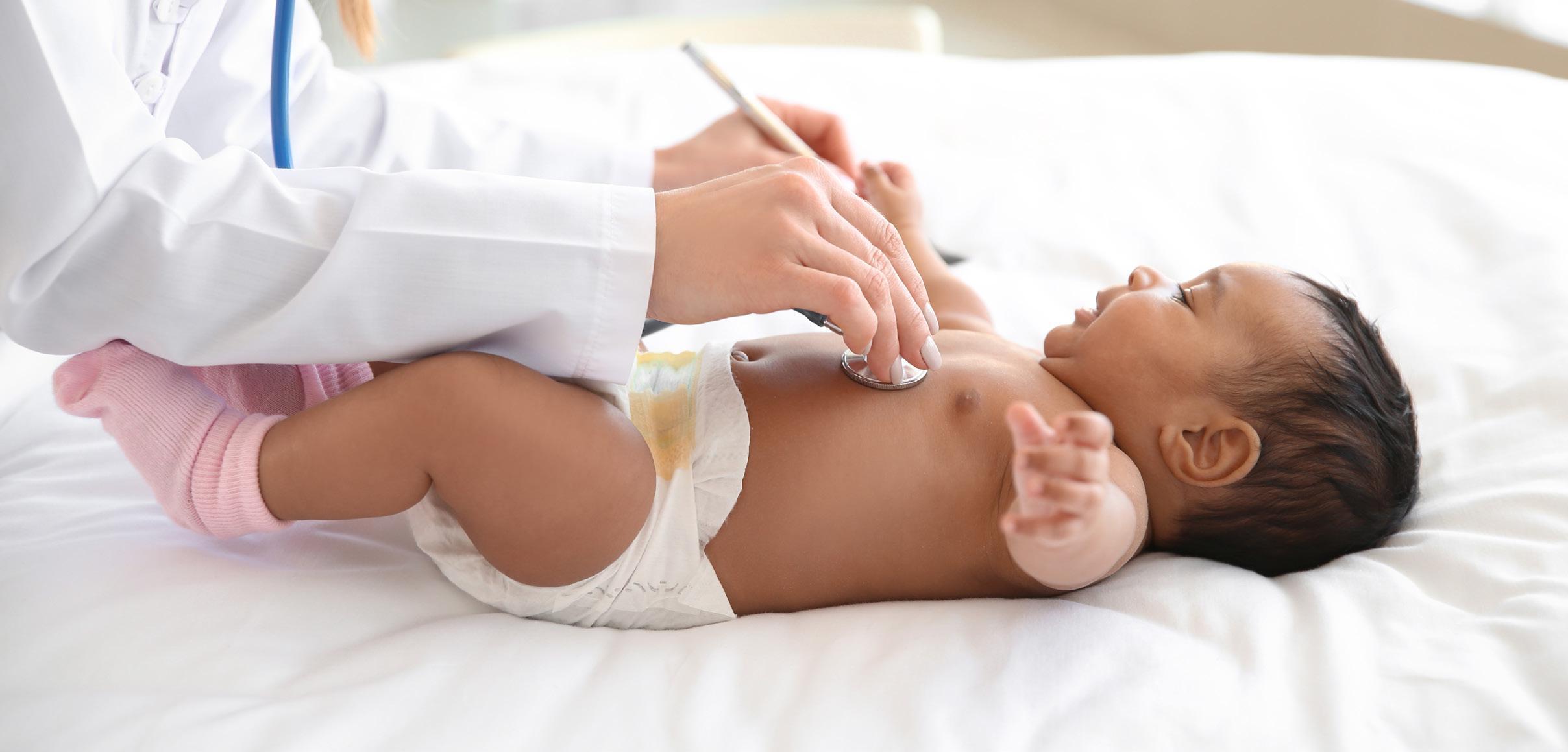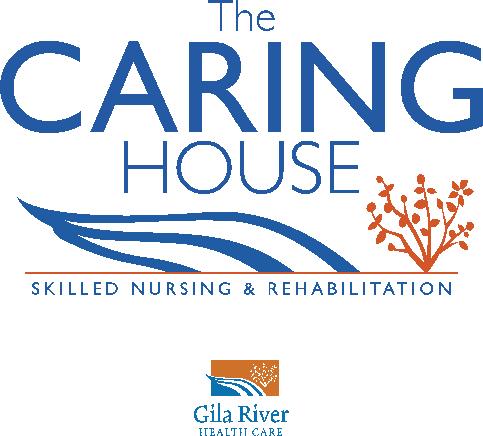
1 minute read
RSV Vaccine FAQ
The RSV vaccine has been approved for pregnant people between 32-36 weeks gestation by the FDA and the Advisory Committee on Immunization Practices (ACIP). This recommendation is supported by the American College of Obstetricians and Gynecologists (ACOG) and the Society of Maternal and Fetal Medicine (SMFM).
What is RSV?
RSV or Respiratory syncytial virus is a virus that can cause an infection of the respiratory system. The virus is easily spread by touching infected surfaces, with sneezes and coughs. It tends to be worse in seasons such as fall and winter.
What are the symptoms?
Most cases are mild and cause cold like symptoms such as eating less, runny nose, fever, chills, cough, body aches, wheezing and rapid breathing. However, sometimes an RSV infection can cause severe symptoms, leading to pneumonia and hospitalization. Unfortunately infants and people with weaker immune systems have a higher chance of developing severe RSV infections.
What is the RSV Vaccine?
The RSV vaccine called Abrysvo does not contain a live virus, it cannot cause the RSV infection. The RSV vaccine contains a protein that will cause your body to make antibodies against RSV. After about 2 weeks, the RSV antibodies your body makes will then be passed onto your fetus. The antibodies will help to protect your baby for about 6 months after they are born. The study showed a reduced risk of severe RSV infection by 80% within 90 days of birth and 69% within 180 days of birth.
Does getting the RSV vaccine in pregnancy increase the chance of pregnancy related problems?
A clinical trial of over 7000 people, half who received the vaccine between 24-36 weeks of gestation did not demonstrate a significant difference in pregnancy related problems. There was a slight increase in preterm deliveries.
Can it be given with other vaccines?
Yes, pregnant people can receive Tdap, flu, COVID-19 and RSV at the same clinic visit when the vaccines are recommended.
Is there anything else that can prevent RSV?
Yes, the FDA and ACIP has approved a monoclonal antibody called nirsevimab that can be administered to all infants younger than 8 months and children between 8-19 months if they are at increased risk for severe disease. This has been shown to reduce the risk of both hospitalizations and health care visits for RSV by 80%.
• ASSISTANT DIRECTOR IT - TECHNICAL OPERATIONS
• ASSISTANT DIRECTOR IT - CLINICAL APPLICATIONS
• IT SENIOR PROJECT MANAGER
FOR MORE INFORMATION: Contact Ylesia Jones yjones@grhc.org
(520) 517-4467
• CERTIFIED NURSING ASSISTANTS

• LICENSED PRACTICAL NURSES
• REGISTERED NURSES
FOR MORE INFORMATION: Contact Mark Walter wwalter@grhc.org
(520) 610-8923


